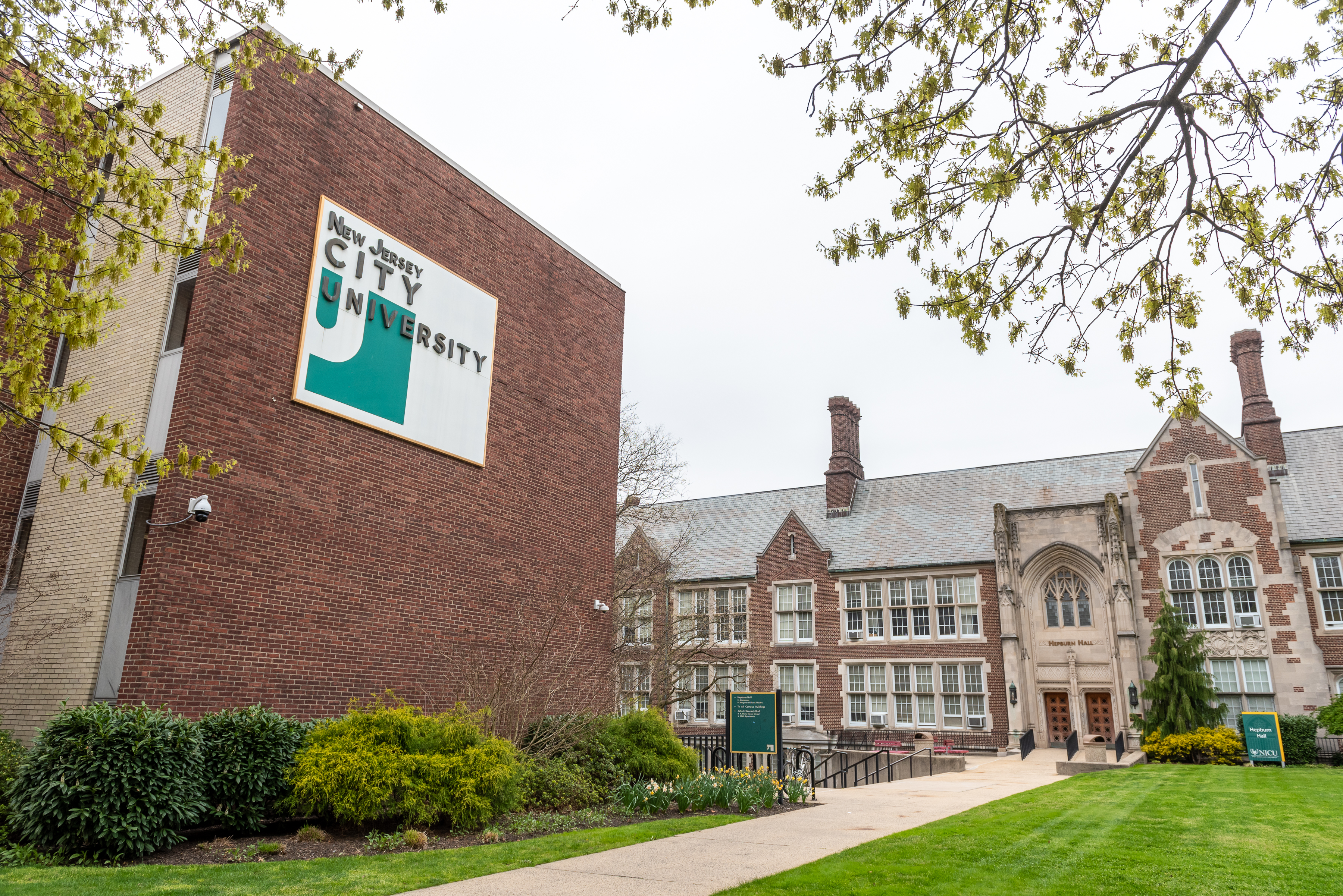Is Higher Education Worth the Price?
The average cost of a public, out-of-state college was approximately $23,630 in 2023. Over the course of four years, that would come out to $94,520. Now to pay for college many things go into it such as financial aid, grants, scholarships, etc. Even with those things that could help pay for school, paying nearly $100,000 is extremely expensive for most people in this country. Even after going through the process of getting a college degree, some people might go on to not use their degrees in their future jobs/careers, bringing up the conversation and asking if higher education is worth the price.
Don't get it twisted, college is an extremely valuable place and a degree is an amazing accomplishment, but is the cost worth it for everyone? In universities, there are a multitude of different students, and we have to face the fact that some students do not want to be there at all and lack motivation, but they are still capable of finishing school and capturing that degree but at what cost? If they come out of school with no plan of using what they spent four years learning was all that money worth it? In that case scenario, no I do not think higher education is worth the price. On the other side, some highly motivated students want to be there and plan on using their degree to its maximal capacity and getting involved on campus, and for students like that, I would say that higher education is worth the price for them.
Lastly, David Wallace's speech was captivating, and the meaning I took from it is that college might not teach you how to deal with real-life situations, but it will give you knowledge and perspective on how to better deal with life. With classes like contemporary literacies, we discuss real-world situations and problems and collaborate with others who might have a different perspective than us. Collaborating with others who have different opinions is making us see things from someone else's point of view and that helps us learn valuable lessons, and teaches us that there are so many things we can learn from other people and that is the most important lesson of all. As my grandma always says, the smartest man in the world is the one who knows he doesn't know everything.





Comments
Post a Comment